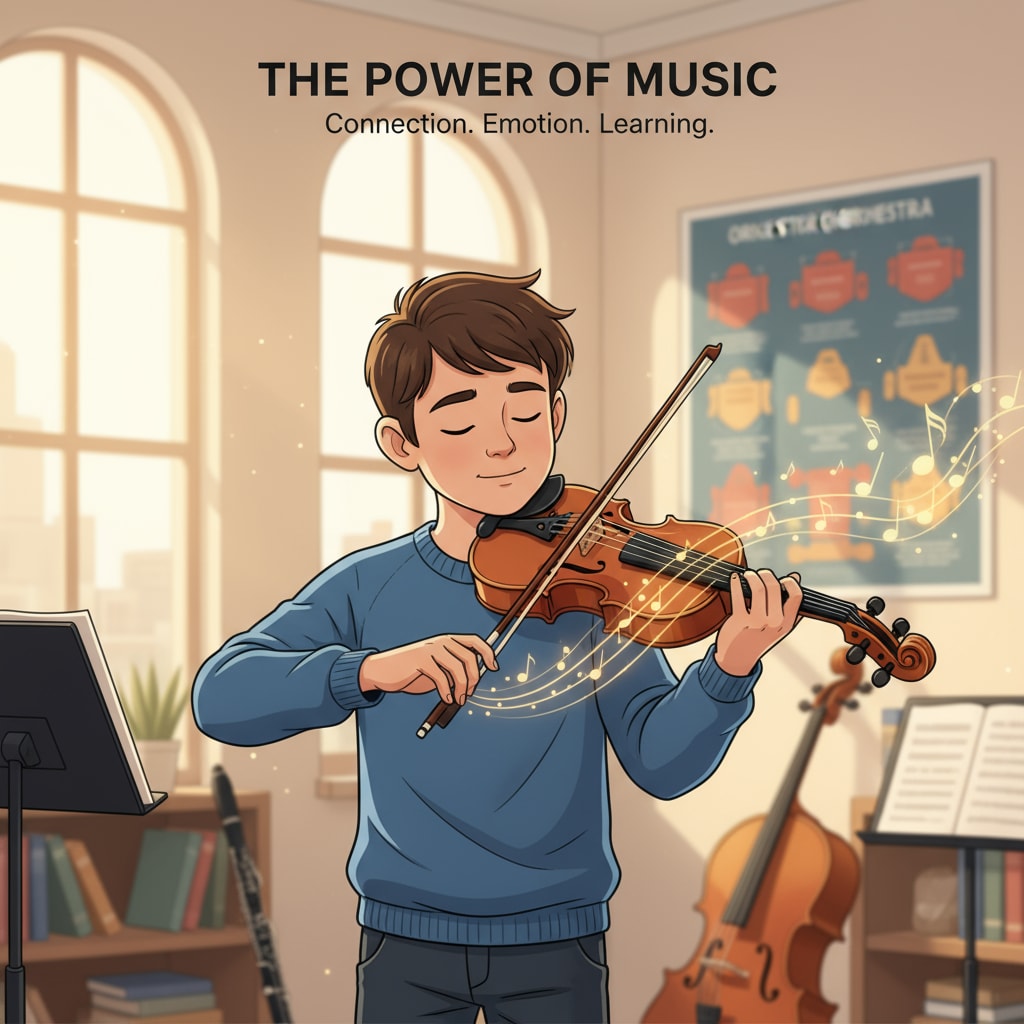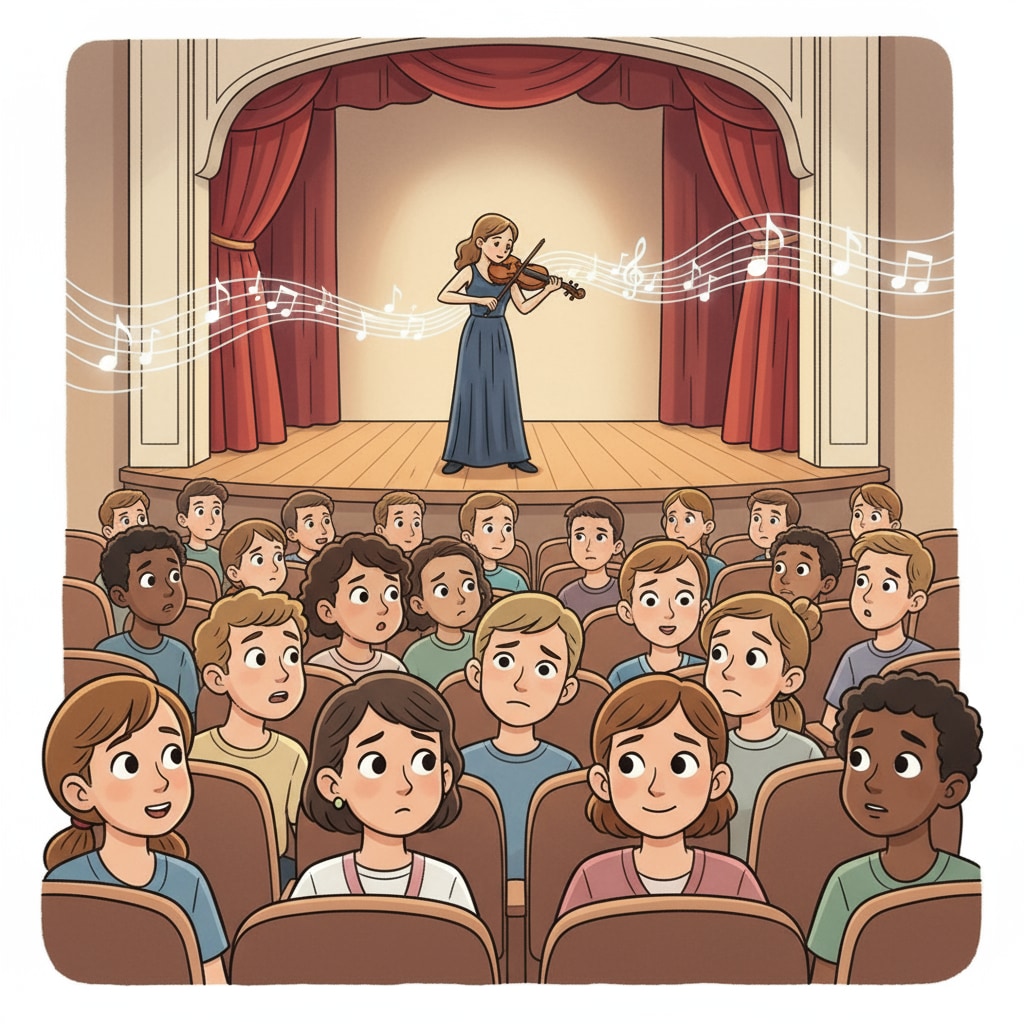The similarity between violin sounds and human cries often leads to interesting misunderstandings. One day, while walking in school, I heard what I initially thought were cries coming from upstairs. However, upon closer inspection, I realized it was the sound of a violin being played. This incident made me ponder the unique relationship between the two, a connection deeply rooted in the emotional resonance they both evoke.

The Acoustic Resemblance
The violin’s sound has a distinct quality that can closely mimic the timbre of a human cry. Its high-pitched notes, especially when played with a certain intensity, can sound remarkably like the wailing or sobbing of a person. This similarity is not just a coincidence; it is due to the way the violin produces sound. The vibrating strings, combined with the resonance of the instrument’s body, create a rich and expressive tone. For example, when a violinist plays with a lot of vibrato, the wavering sound can be reminiscent of a person’s voice during an emotional outburst. Violin on Wikipedia
Emotional Depth in Misinterpretation
This misunderstanding of violin sounds as cries also reveals the emotional depth that music can carry. In the context of K12 education, music is not just about learning to play an instrument; it is a powerful medium for emotional expression. When students play the violin, they are not only creating sounds but also communicating their innermost feelings. The ability to evoke such strong emotions through music is a testament to its significance in art education. Music Education on Britannica

Moreover, this similarity between violin sounds and human cries can enhance students’ empathy. When they hear a violin being played in a way that resembles a cry, they can better understand the emotions that might be associated with such a sound. It helps them put themselves in the shoes of the person who might be crying, fostering a greater sense of compassion and understanding.
Readability guidance: The key points here are the acoustic resemblance between the violin and human cries, and how misinterpretations can lead to a deeper understanding of the emotional depth in music education. These aspects show the importance of music, especially the violin, in K12 education for emotional development.


